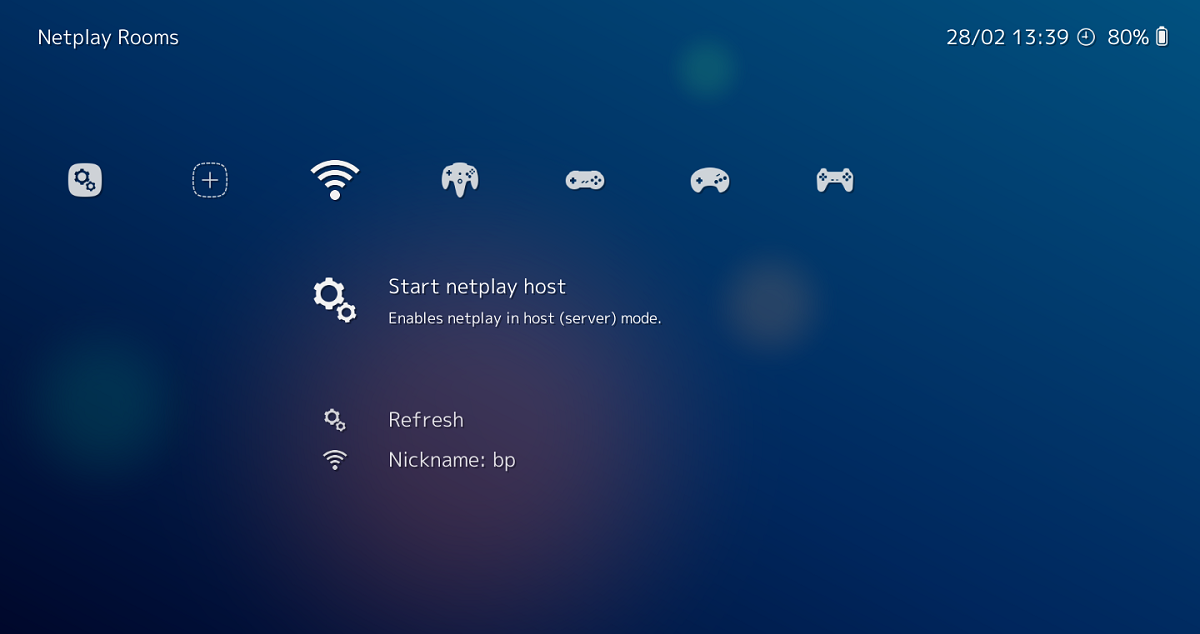
Lakka is a Linux distribution that is based on RetroArch game console emulator, which provides emulation of a wide range of devices and supports advanced features such as multiplayer games, state preservation, image quality enhancement of old games with shaders, game rewinding, hot plugging of game consoles and streaming video.
Once you have everything set up, you will have an all-in-one game console to emulate everythingfrom Atari games to Playstation games. This system has a wide catalog of emulators that will allow us to enjoy titles from different retro consoles, such as SEGA, Nintendo, as well as the NES, SNES and Gameboy, and even classics for DOS or somewhat more modern games such as those for PlayStation or PSP.
Lakka has versions that are configured for platforms i386, x86_64 (Intel, NVIDIA or AMD GPU), Raspberry Pi 1/2/3, Orange Pi, Cubieboard2, Cubieboard2, Cubietruck, Banana Pi, Hummingboard, Cubox-i, Odroid C1 / C1 + / XU3 / XU4, etc.
About the new version of Lakka 2.3.2
Few days ago Lakka 2.3.2 new version was released, this being the first version of the year and which comes with some quite interesting news, of which the RetroArch core update to version 1.8.4 is highlighted.
With the inclusion of this new version of RetroArch 1.8.4 on-screen notifications and real-time game translation are improved.
Also, Lakka includes a manual content scanner No requirement for the playlist database.
This new scanning method simply takes all the files that end with a known extension in a folder and adds them to the playlist for that system.
Moreover, the experience with PS1 games is improved (PlayStation1) that require more than one disk. That is, those who request to place a second disc because the game is very extensive. Added a new option to resume content after changing discs in Settings> User Interface.
Also all spam notices have been removed, whereby notifications are now only shown in the event of a bug, or when the menu itself doesn't provide enough visual feedback (note that using hotkeys to swap discs still produces the old-style notifications, since this is normally only done while the content is running, i.e. without a menu).
The duration of notifications disc-related information also it has been reduced to a more sensible level.
Por the part of the Lakka nuclei we can find to the new nuclei vitaquake2 and vitaquake3 which only available for the generic platform for now. These are open source re-implementations of the Quake II and III engines, respectively.
Another nucleus is that of NeoCD an improved version of the NeoCD Neo Geo CD emulator, it is more accurate and works better than the previous standalone emulator, even on low-end hardware like a Raspberry Pi.
Dosbox is now replaced by dosbox-svn, since the dosbox-svn kernel was added earlier, but since it has proven to be better, it is now replaced.
Download Lakka 2.3.2
For those who want to get this system They can do so by going to the official website of the project.
In its download section, you will be able to obtain the image according to where you want the system to run, since as mentioned above Lakka has images for different devices.
For those who are Raspberry Pi users, when you get the image you can install this image on your SD with the help of Etcher.
Or if they are PINN or NOOBS users, they can search for the system within the catalog, although at the moment the new version of this system does not appear, in a matter of days the system must inform them about the update so that it can be downloaded and installed.